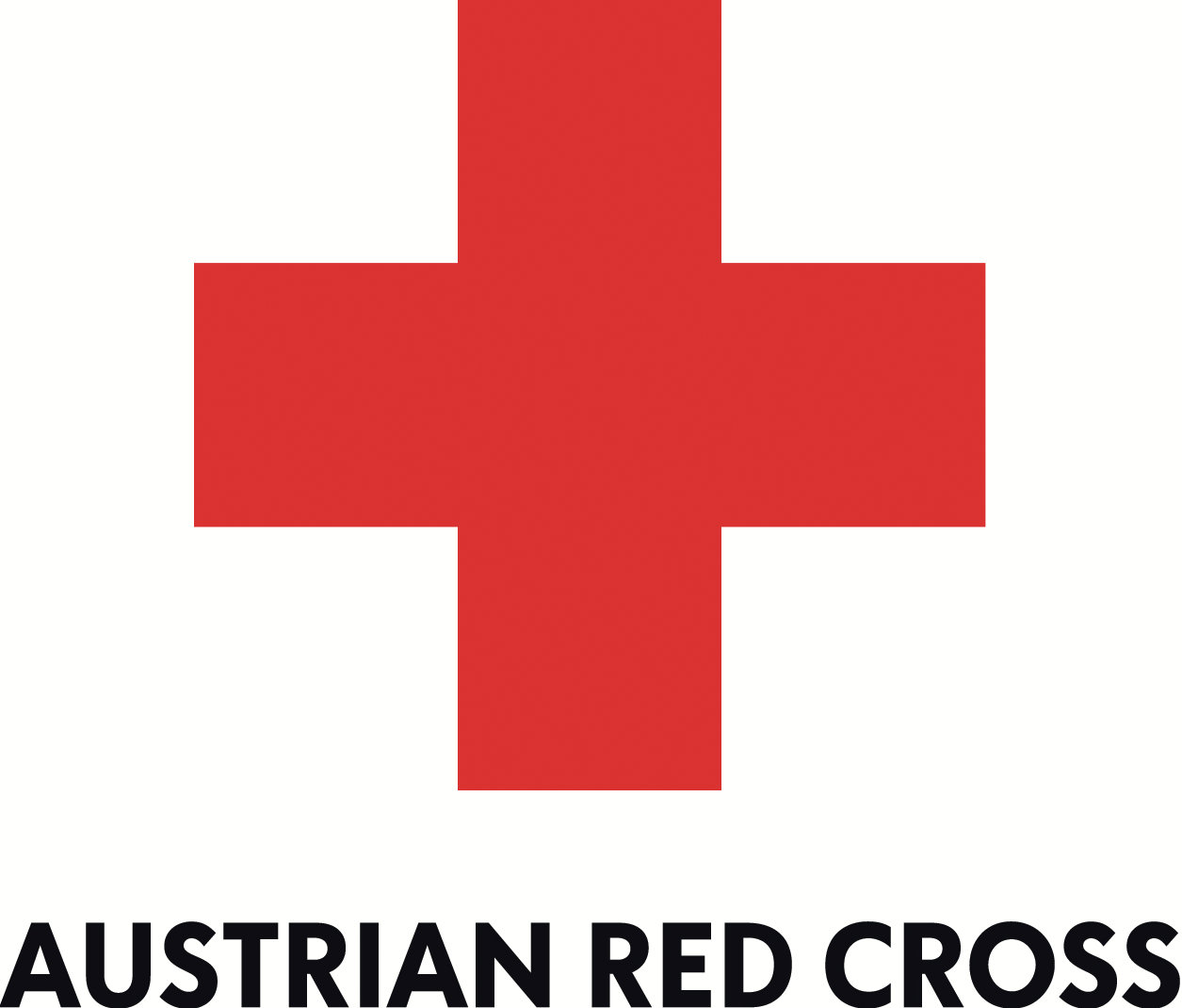On the occasion of International Human Rights Day the International Committee of the Red Cross (ICRC), together with other organizations – among them Médecins Sans Frontières (MSF) and International Federation of Red Cross and Red Crescent Societies (IFRC) -, speaks out in support of the Health Care in Danger initiative. The initiative calls for wounded and sick people’s right to health care during armed conflict to be respected and protected, and for attacks on health personnel and facilities to stop.
This includes evacuation of wounded and sick people from areas with fighting, as in Aleppo where on 8th December the Red Cross managed to rescue nearly 150 civilians in urgent need of medical care. “These patients and civilians had been trapped in the area for days because of heavy clashes nearby and as the front line kept drawing closer. Tragically, for 11 people our help came too late,” said the ICRC’s Head of Delegation in Syria, Marianne Gasser, who is currently in Aleppo. Six orphaned and very young children were amongst the evacuees.
Specifically, the ICRC and its partners call for action by the States party to the Geneva Conventions, whose rules seek to limit the way wars are fought and to protect people wounded in conflict.
They also appeal to the member States of the United Nations Security Council, who have echoed the commitment expressed in Resolution 4, and who, in May 2016, adopted Resolution 2286 on the protection of health care in armed conflict.
Despite these commitments, attacks on health-care services continue relentlessly.
In Syria: so far in 2016, the World Health Organization has recorded over 120 attacks on health facilities. In spite of the current escalation of fighting and people’s desperate circumstances, one of eastern Aleppo’s nine hospitals remains fully functional. “Medical staff are exhausted and stocks severely depleted“, says Marianne Gasser.
In Yemen: since the current conflict began in 2015, over 160 attacks on hospitals, clinics and medical personnel have been reported. Less than half of the country’s health-care facilities are still operational. On average, 20 people – men, women and children – die every day, many from treatable wounds and curable illnesses, because the right drugs are not available and the hospitals are not functioning.
In Iraq: this past year, hospitals and other health facilities have been damaged, destroyed and looted, preventing civilians from getting medical services in the provinces severely affected by the conflict. In some areas, more than 45{26da92e645e6b151ddb18332fddbc007aa06f7fb46f9267383910f98c1d4b90a} of health professionals have fled since 2014.
There are limits to how wars are fought. Everyone, whether wounded or sick, has the right to health care. Even in conflict.
Link to full Statement


















